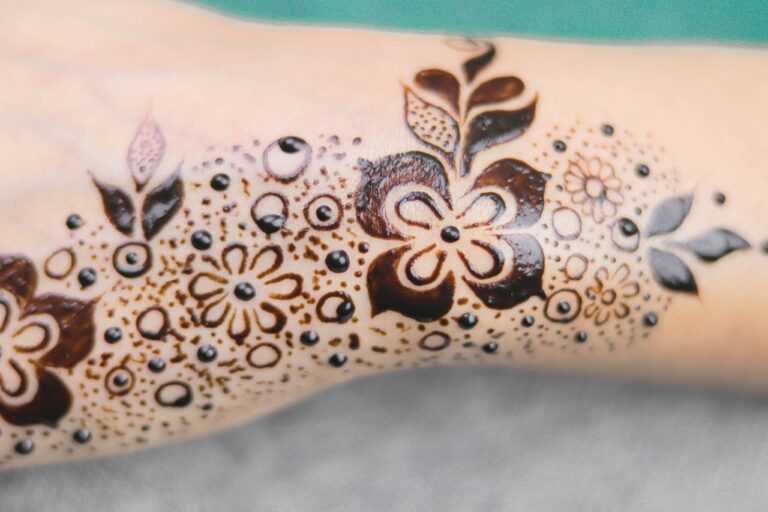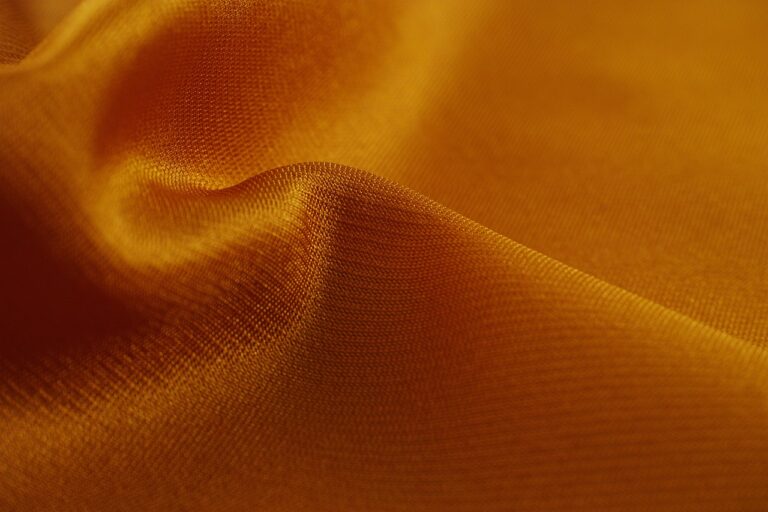Fashion and Sustainable Textiles: Innovations in Eco-Friendly Fabrics
The fashion industry is notorious for its impact on the environment, with the production of traditional fabrics often leading to pollution and waste. In recent years, there has been a growing awareness of the need for eco-friendly fabrics to mitigate these harmful effects. As consumers become more conscious of their environmental footprint, the demand for sustainable textiles has surged.
Eco-friendly fabrics offer a range of benefits that extend beyond environmental concerns. Not only do they reduce the carbon footprint of the fashion industry, but they also promote ethical practices and support the well-being of workers in the supply chain. By opting for sustainable textiles, fashion brands can align themselves with a growing movement towards responsible and eco-conscious consumerism.
The Rise of Plant-Based Fibers in Sustainable Textiles
Plant-based fibers are gaining significant traction in the fashion industry as consumers increasingly prioritize sustainability. Materials like bamboo, hemp, and organic cotton are being used by designers and brands to create clothing that is not only stylish but also environmentally friendly. By opting for plant-based fibers, fashion companies are reducing their carbon footprint and contributing to a more sustainable future for the industry.
In addition to their eco-friendly properties, plant-based fibers offer a range of benefits such as breathability, moisture-wicking capabilities, and durability. This makes them a popular choice for creating comfortable and long-lasting clothing items. As more consumers become mindful of the environmental impact of their fashion choices, the demand for plant-based textiles is expected to continue rising, driving further innovation in sustainable fashion practices.
Innovative Techniques for Recycling Textiles in Fashion
Recycling textiles in the fashion industry has become an increasingly important focus for designers and manufacturers looking to reduce their environmental impact. One innovative technique gaining traction is chemical recycling, which involves breaking down used garments into their molecular components to create new fibers. This process allows for the production of high-quality textiles without compromising on performance or durability.
Another promising technique is mechanical recycling, which involves shredding old textiles into fibers that can be spun into new yarns. This method is not only sustainable but also helps reduce the amount of waste generated by the fashion industry. By exploring these innovative recycling techniques, fashion brands can not only reduce their carbon footprint but also contribute to a more circular and sustainable economy.
Why is it important for the fashion industry to use eco-friendly fabrics?
Using eco-friendly fabrics helps reduce the environmental impact of the fashion industry by minimizing resource depletion, water pollution, and waste generation.
What are plant-based fibers and why are they becoming popular in sustainable textiles?
Plant-based fibers are derived from natural sources such as bamboo, hemp, and soy. They are popular in sustainable textiles because they are biodegradable, renewable, and require less water and chemicals to produce compared to traditional fabrics.
What are some innovative techniques for recycling textiles in fashion?
Some innovative techniques for recycling textiles in fashion include chemical recycling, mechanical recycling, and upcycling. Chemical recycling breaks down fabrics into their molecular components to create new fibers, while mechanical recycling involves shredding and re-spinning old fabrics. Upcycling involves transforming old textiles into new and improved products.
How can consumers support the use of recycled textiles in fashion?
Consumers can support the use of recycled textiles in fashion by choosing clothing made from sustainable materials, donating their old clothing for recycling, and advocating for more sustainable practices in the fashion industry.







